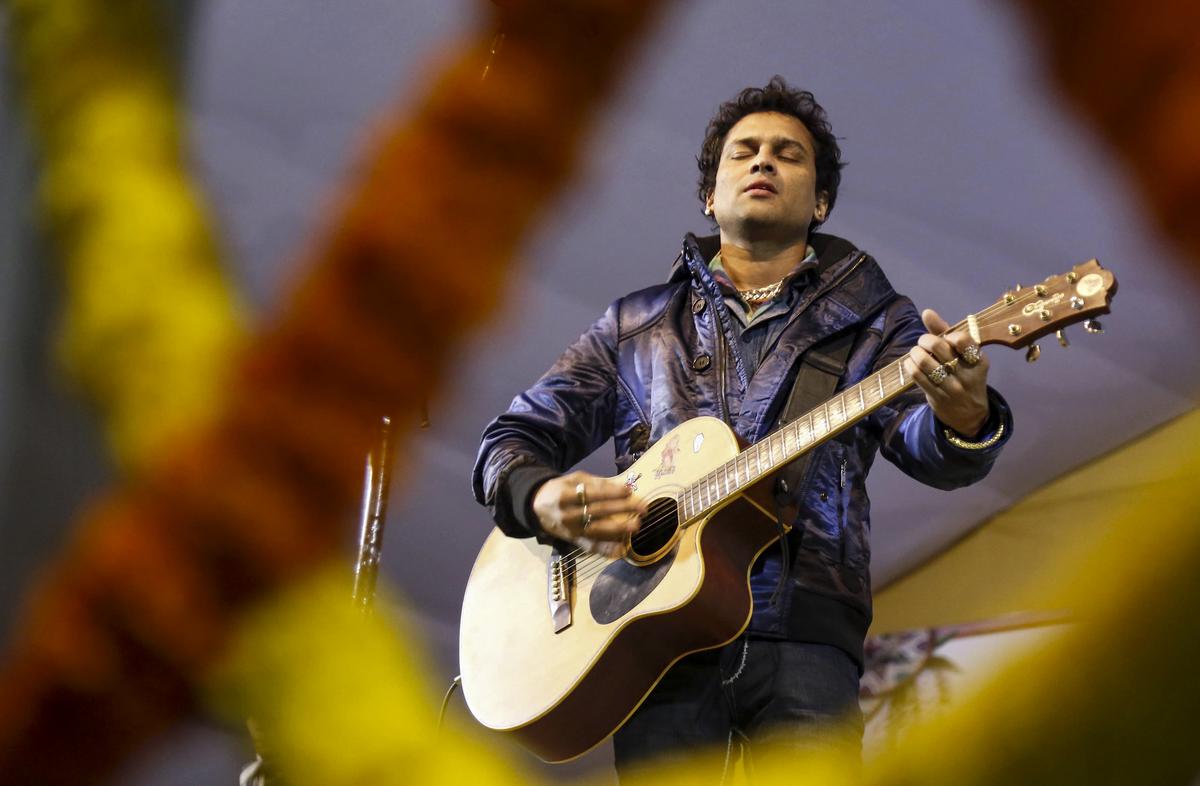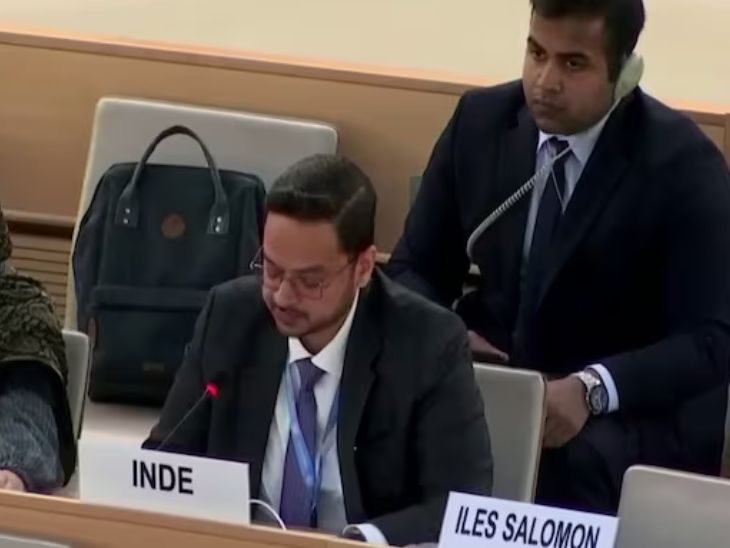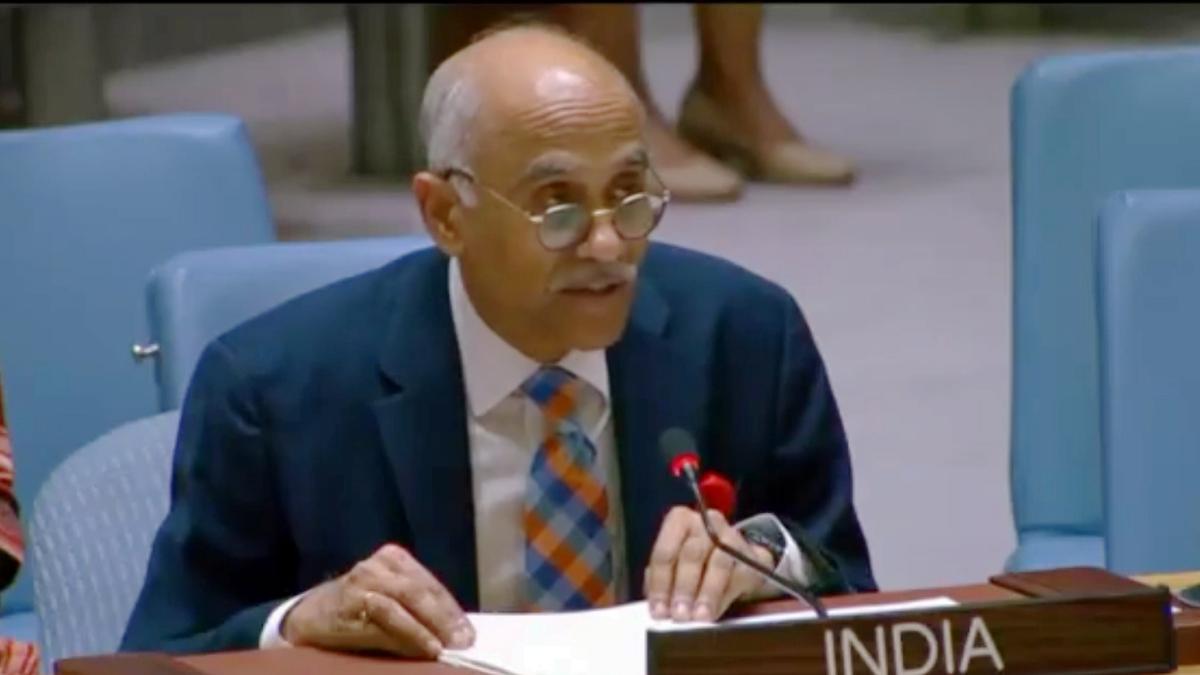
When news of Zubeen Garg’s passing came, Assam’s grief was collective shops shut, people gathered, songs echoing. A beloved singer, social critic, and public figure, Zubeen was mourned not just as an artist, but as “Zubeen da” someone Assam felt it lost more than it could express.
In a region often fractured by identity politics linguistic, tribal, religious Zubeen was exceptional. He chose never to be bound by caste, ethnicity or creed, and always called himself a socialist who saw all as humans first. His music reached across generations; his public stands opposing bans, criticizing exclusion, advocating for pluralism gave voice where many stayed silent.
He never left Assam for Mumbai’s glitzy stages; instead, he rooted his art in his land, promising to live and die “among his people like a king.” After his death, his songs became unspoken anthems in the streets “Mayabini” in particular resonated as collective elegy revealing how deeply he had woven himself into Assam’s social fabric.
Zubeen Garg’s legacy is more than musical. It’s about belonging, about resisting narrow divides, about imagining a region not as contested zones, but as communities joined by empathy. As Assam mourns, perhaps the deeper question is this: can the unity embodied in Zubeen survive without him?
Tags:
Post a comment
States’ debt surge, EC form-7 & River silt issues!
- 20 Sep, 2025
- 2
Economic Sovereignty: India’s Long Battle Through the Ages!
- 08 Oct, 2025
- 2
India’s UN Roar: Tyagi Accuses Pakistan of Terrorism!
- 24 Sep, 2025
- 2
Modi returns to china, SCO talks with Xi and putin!
- 30 Aug, 2025
- 2
Why are Delhi’s low income families paying 15% of their...
- 19 Aug, 2025
- 2
Categories
Recent News
Daily Newsletter
Get all the top stories from Blogs to keep track.

















